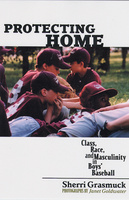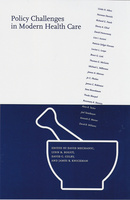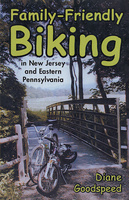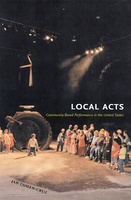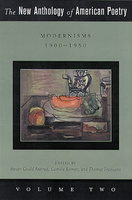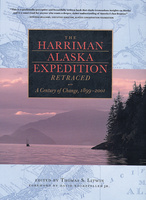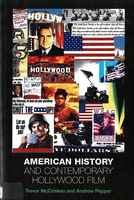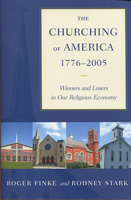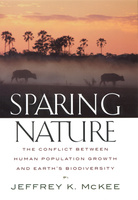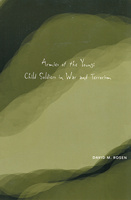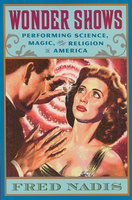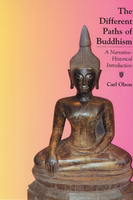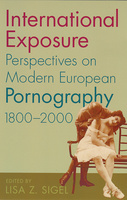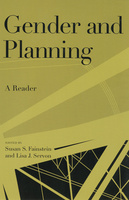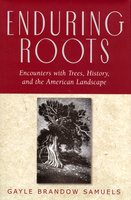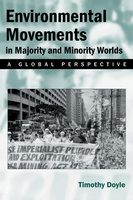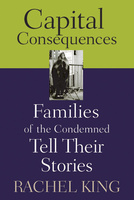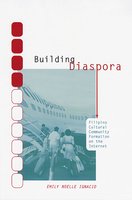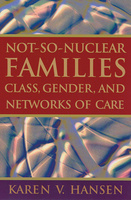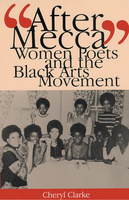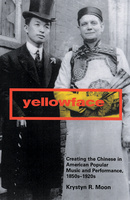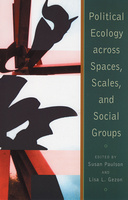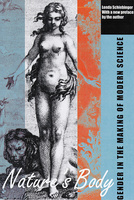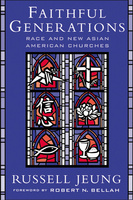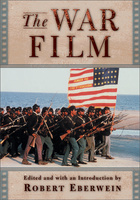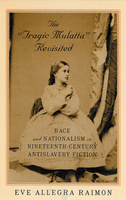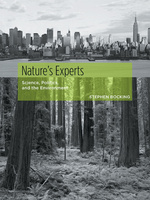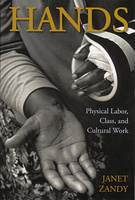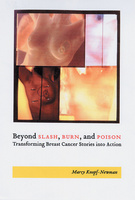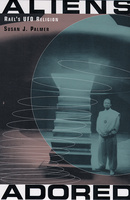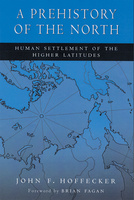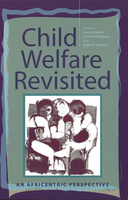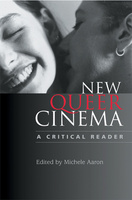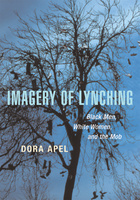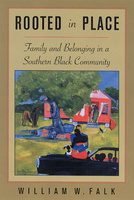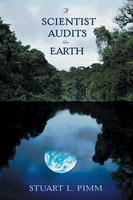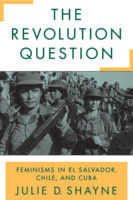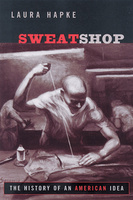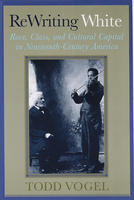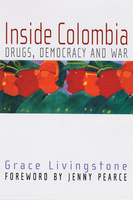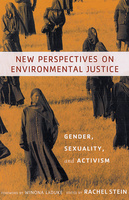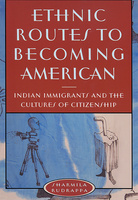Protecting Home
Class, Race, and Masculinity in Boys' Baseball
Based on years of ethnographic observation and interviews with children, parents, and coaches, Protecting Home offers an analysis of the factors that account for racial accommodation in a space that was previously known for racial conflict and exclusion. Grasmuck argues that the institutional arrangements and social characteristics of children’s baseball create a cooperative environment for the negotiation of social, cultural, and class differences.
Policy Challenges in Modern Health Care
Family-Friendly Biking
in New Jersey and Eastern Pennsylvania
A Woman's Concise Guide to Common Medical Tests
Local Acts
Community-Based Performance in the United States
The New Anthology of American Poetry
Modernisms: 1900-1950
The Harriman Alaska Expedition Retraced
A Century of Change, 1899-2001
American History and Contemporary Hollywood Film
Bringing exciting new perspectives to how and why Hollywood has sought to repicture American history, this book offers analysis of more than twenty mainstream contemporary films, including The Patriot, Amistad, Glory, Ride with the Devil, Cold Mountain, Saving Private Ryan, TheThin Red Line, Pearl Harbor, U-571, Platoon, Born on the Fourth of July, Heaven and Earth, JFK, Nixon, Malcolm X, Ali, Black Hawk Down, and Three Kings. Both authoritative and engaging, American History and Contemporary Hollywood Film is the first book to comprehensively explore the post-cold war period of filmmaking, and to navigate the complex ways that film mediates history—sometimes challenging or questioning, but more frequently reaffirming traditional interpretations.
The Churching of America, 1776-2005
Winners and Losers in Our Religious Economy
Domestic Violence at the Margins
Readings on Race, Class, Gender, and Culture
Reprints of the most influential recent work in the field as well as more than a dozen newly commissioned essays explore theoretical issues, current research, service provision, and activism among Latinos, African Americans, Asian Americans, Jewish Americans, and lesbians. The volume rejects simplistic analyses of the role of culture in domestic violence by elucidating the support systems available to battered women within different cultures, while at the same time addressing the distinct problems generated by that culture. Together, the essays pose a compelling challenge to stereotypical images of battered women that are racist, homophobic, and xenophobic.
Johnny Depp Starts Here
We Took the Streets
Fighting for Latino Rights with the Young Lords
Sparing Nature
The Conflict between Human Population Growth and Earth's Biodiversity
Jeffrey K. McKee contends yes. The more people there are, the more we push aside wild plants and animals. In Sparing Nature, he explores the cause-and-effect relationship between these two trends, demonstrating that nature is too sparing to accommodate both a richly diverse living world and a rapidly expanding number of people.
Armies of the Young
Child Soldiers in War and Terrorism
Wonder Shows
Performing Science, Magic, and Religion in America
The Different Paths of Buddhism
A Narrative-Historical Introduction
International Exposure
Perspectives on Modern European Pornography, 1800–2000
Gender and Planning
A Reader
Enduring Roots
Encounters with Trees, History, and the American Landscape
Enduring Roots tells the stories of historic American trees, including the oak, the apple, the cherry, and the oldest of the world’s trees, the bristlecone pine. These stories speak of our attachment to the land, of our universal and eternal need to leave a legacy, and demonstrate that the landscape is a gift, to be both received and, sometimes, tragically, to be destroyed.
Environmental Movement in Majority and Minority Worlds
A Global Perspective
Capital Consequences
Families of the Condemned Tell Their Stories
Building Diaspora
Filipino Cultural Community Formation on the Internet
In Building Diaspora, Emily Noelle Ignacio explores how Filipinos have used these subtle, cyber, but very real social connections to construct and reinforce a sense of national, ethnic, and racial identity with distant others. Through an extensive analysis of newsgroup debates, listserves, and website postings, she illustrates the significant ways that computer-mediated communication has contributed to solidifying what can credibly be called a Filipino diaspora.
Not-So-Nuclear Families
Class, Gender, and Networks of Care
In Not-So-Nuclear Families: Class, Gender, and Networks of Care, Karen V. Hansen investigates the lives of working parents and the informal networks they construct to help care for their children. She chronicles the conflicts, hardships, and triumphs of four families of various social classes. Each must navigate the ideology that mandates that parents, mothers in particular, rear their own children, in the face of an economic reality that requires that parents rely on the help of others. In vivid family stories, parents detail how they and their networks of friends, paid caregivers, and extended kin collectively close the "care gap" for their school-aged children.
"After Mecca"
Women Poets and the Black Arts Movement
Yellowface
Creating the Chinese in American Popular Music and Performance, 1850s-1920s
Political Ecology Across Spaces, Scales, and Social Groups
Nature's Body
Gender in the Making of Modern Science
Eighteenth-century natural historians created a peculiar, and peculiarly durable, vision of nature—one that embodied the sexual and racial tensions of that era. When plants were found to reproduce sexually, eighteenth-century botanists ascribed to them passionate relations, polyandrous marriages, and suicidal incest, and accounts of steamy plant sex began to infiltrate the botanical literature of the day. Naturalists also turned their attention to the great apes just becoming known to eighteenth-century Europeans, clothing the females in silk vestments and training them to sip tea with the modest demeanor of English matrons, while imagining the males of the species fully capable of ravishing women.
Faithful Generations
Race and New Asian American Churches
The War Film
The 'Tragic Mulatta' Revisited
Race and Nationalism in Nineteenth-Century Antislavery Fiction
No Germs Allowed!
How to Avoid Infectious Diseases At Home and on the Road
Nature's Experts
Science, Politics, and the Environment
Nature’s Experts explores the contributions and challenges presented when scientific authority enters the realm of environmental affairs. Stephen Bocking focuses on four major areas of environmental politics: the formation of environmental values and attitudes, management of natural resources such as forests and fish, efforts to address international environmental issues such as climate change, and decisions relating to environmental and health risks. In each area, practical examples and case studies illustrate that science must fulfill two functions if it is to contribute to resolving environmental controversies. First, science must be relevant and credible, and second, it must be democratic, where everyone has access to the information they need to present and defend their views.
Hands
Physical Labor, Class, and Cultural Work
Beyond Slash, Burn, and Poison
Transforming Breast Cancer Stories into Action
Aliens Adored
Raël's UFO Religion
A Prehistory of the North
Human Settlement of the Higher Latitudes
In an account rich with illustrations, John Hoffecker traces the history of anatomical adaptations, diet modifications, and technological developments, such as clothing and shelter, which allowed humans the continued ability to push the boundaries of their habitation. Written in nontechnical language, A Prehistory of the North provides compelling new insights and valuable information for professionals and students.
Child Welfare Revisited
An Africentric Perspective
Why are there proportionally more African American children in foster care than white children? Why are white children often readily adoptable, while African American children are difficult to place? Are these imbalances an indication of institutional racism or merely a coincidence?
In this revised and expanded edition of the classic volume, Child Welfare, twenty-one educators call attention to racial disparities in the child welfare system by demonstrating how practices that are successful for white children are often not similarly successful for African American children. Moreover, contributors insist that policymakers and care providers look at African American family life and child-development from a culturally-based Africentric perspective. Such a perspective, the book argues, can serve as a catalyst for creativity and innovation in the formulation of policies and practices aimed at improving the welfare of African American children.
Child Welfare Revisited offers new chapters on the role of institutional racism and economics on child welfare; the effects of substance abuse, homelessness, HIV/AIDS, and domestic violence; and the internal strengths and challenges that are typical of African American families. Bringing together timely new developments and information, this book will continue to be essential reading for all child welfare policymakers and practitioners.
New Queer Cinema
A Critical Reader
Imagery of Lynching
Black Men, White Women, and the Mob
Outside of the classroom and scholarly publications, lynching has long been a taboo subject. Nice people, it is felt, do not talk about it, and they certainly do not look at images representing the atrocity.
In Imagery of Lynching, Dora Apel contests this adopted stance of ignorance.
Rooted in Place
Family and Belongings in a Southern Black Community
Resurgent Voices in Latin America
Indigenous Peoples, Political Mobilization, and Religious Change
Resurgent Voices in Latin America offers new insight into the dynamics of indigenous social movements and into the complex and changing world of Latin American religions. The essays show that religious beliefs, practices, and institutions have both affected and been affected by political activism.
A Scientist Audits the Earth
The Revolution Question
Feminisms in El Salvador, Chile, and Cuba
Sweatshop
The History of an American Idea
Arguing that the sweatshop is as American as apple pie, Laura Hapke surveys over a century and a half of the language, verbal and pictorial, in which the sweatshop has been imagined and its stories told. Not seeking a formal definition of the sort that policymakers are concerned with, nor intending to provide a strict historical chronology, this unique book shows, rather, how the “real” sweatshop has become intertwined with the “invented” sweatshop of our national imagination, and how this mixture of rhetoric and myth has endowed American sweatshops with rich and complex cultural meaning. An important contribution to the real and imagined history of garment industry exploitation, this book provides a valuable new context for understanding contemporary sweatshops that now represent the worst expression of an unregulated global economy.
Rewriting White
Race, Class, and Cultural Capital in Nineteenth-Century America
What did it mean for people of color in nineteenth-century America to speak or write "white"? More specifically, how many and what kinds of meaning could such "white" writing carry? In ReWriting White, Todd Vogel looks at how America has racialized language and aesthetic achievement.
Pain and Profits
The History of the Headache and Its Remedies in America
Inside Colombia
Drugs, Democracy, and War
Chemical Consequences
Environmental Mutagens, Scientist Activism, and the Rise of Genetic Toxicology
New Perspectives on Environmental Justice
Gender, Sexuality, and Activism
Ethnic Routes to Becoming American
Indian Immigrants and the Cultures of Citizenship
In Ethnic Routes to Becoming American, Sharmila Rudrappa examines the paths South Asian immigrants in Chicago take toward assimilation in the late twentieth-century United States, where deliberations on citizenship rights are replete with the politics of recognition.

